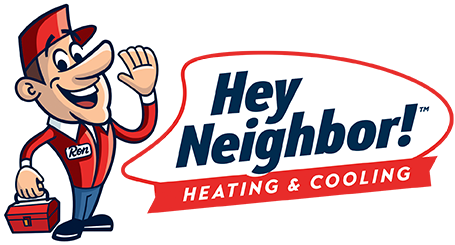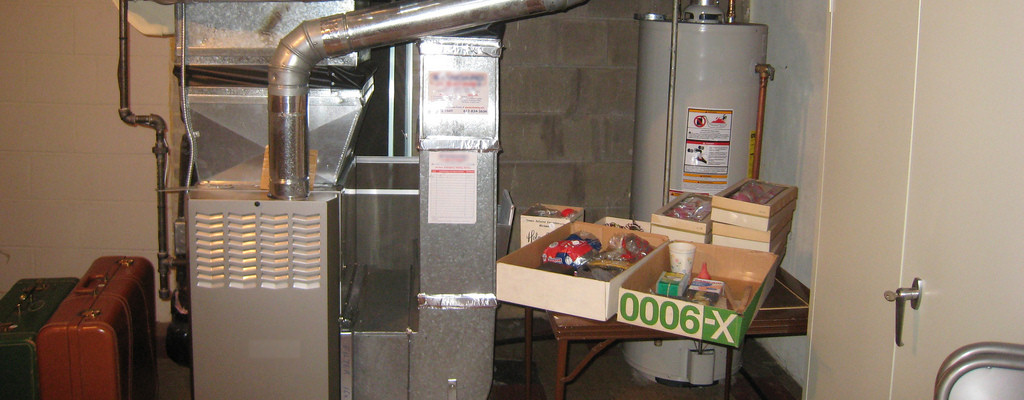Buying your first home is a massive learning experience. Owning and maintaining your home requires a whole other level of investment, and this is especially true regarding your HVAC system.
What is HVAC exactly? HVAC stands for Heating, Ventilation, and Air Conditioning, and your HVAC system can be responsible for up to 45% of your utility bill, even when everything is running smoothly. You can imagine, then, how much it can cost to let maintenance problems go unresolved. It’s your job as the homeowner to recognize potential system problems and take the necessary steps to prevent them, and correct them when they happen. Here are some HVAC basics that every homeowner should be mindful of:
1. Know how your system operates
The essential components of an HVAC system include the compressor, the condenser, the evaporator coils that transfer refrigerant from one component to another, and its series of fans and ducts. Your system operates in a continuous loop of heating, cooling, and expansion and compression of the refrigerant. Your HVAC system is most likely a split design, which has a compressor/air intake unit outdoors connected to an indoor condenser/fan system via a condenser coil.
2. Some common trouble signs
The most common sign that your new home’s HVAC system is in trouble is simple to detect: If you feel cold when you should be warm, and vice-versa – despite your system’s best efforts to adjust the temperature – something is wrong. While realizing there’s a problem is easy, certain symptoms can help you troubleshoot. For instance:
- There is little or no airflow. Your system may be heating and cooling properly, but the treated air isn’t making its way throughout your home. You may have a clogged air filter, or your blower (or its wiring) might be damaged.
- You have airflow, but you’re feeling little or no change in temperature change. Your HVAC system may be lacking refrigerant. A leak might be the cause, or it might simply be time for the compressor to be recharged.
- You hear unusual noises. Strange sounds might indicate that there is mechanical damage to the motors, bearings, or other moving parts.
3. Do it yourself, or call a professional?
Some HVAC system problems are user-serviceable. For example, a simple air filter change may help an inefficient unit, while resetting a circuit breaker might restore power to a blower. On the other hand, issues involving mechanical repairs or refrigerant (which may be dangerously hot or cold and is highly toxic) are best left to a qualified, certified service technician.
4. Periodic maintenance is important
Conducting regular inspections of controls, moving parts, filters and connections can catch small problems in your HVAC unit before they become major (see also: potentially expensive). This is also critically important for protecting your home against fluid leaks, which are a common (and potentially disastrous) problem.
Now that you understand the basics of HVAC systems, you should be in a better position to keep your system going strong for many years to come. Just make sure you take the necessary preventative or corrective actions based on your newfound HVAC wisdom!


Comments are closed